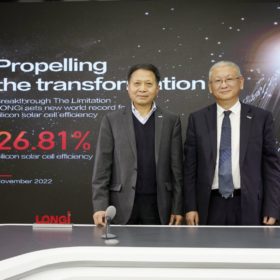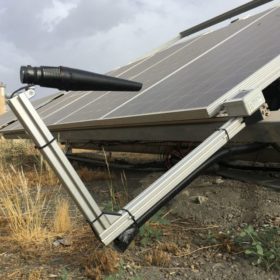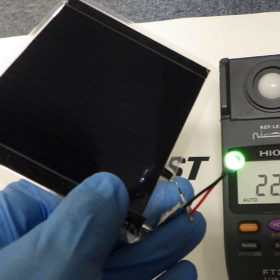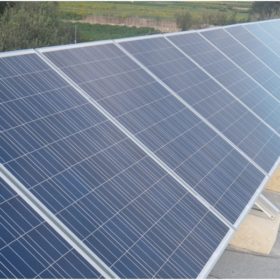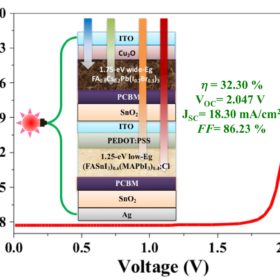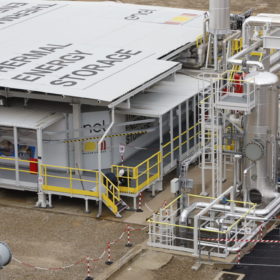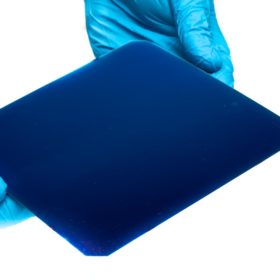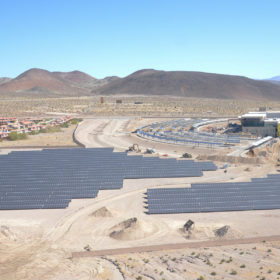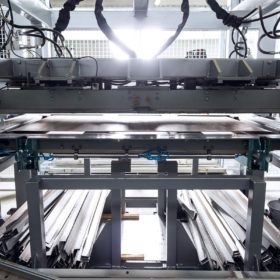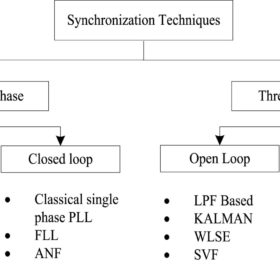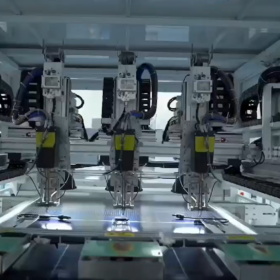Longi claims world’s highest efficiency for silicon solar cells
Longi said it has achieved a 26.81% efficiency rating for an unspecified heterojunction solar cell, as confirmed by Germany’s Institute for Solar Energy Research Hamelin (ISFH).
Novel soiling loss measurement system for PV installations
An international research group has developed new technology to measure soiling losses in PV installations, by using a simple pocket light. They said the new system offers similar performance to their reference devices.
Roadmap to achieve CIGS solar modules with efficiencies above 20%
Japanese scientists have described the steps that need to be taken to improve the average efficiency of CIGS solar modules, from around 18.5% at present to more than 20%. They presented all of the critical technical factors that are currently holding the tech back from broader market adoption.
New algorithm to identify underperforming strings in PV systems
German researchers have created an algorithm to predict and identify string yield losses or underperforming strings without additional weather data. It could be used to inspect modules, strings, arrays, inverters, and transformers.
All-perovskite two-terminal tandem solar cell tech with 32.3% efficiency
Indian scientists have designed a new all-perovskite tandem solar cell configuration that can reportedly achieve higher efficiencies than similar devices built with the same materials. The top perovskite cell has a wide bandgap of 1.75 eV and the bottom perovskite cell has a bandgap of 1.25 eV.
World’s first utility-scale, rock-based storage facility goes online in Italy
Enel is testing a 24 MWh thermal energy storage system that could be used for seasonal renewables storage. The facility uses rocks that store excess energy as heat, then releases that heat to generate steam for electricity.
IBC solar modules may drive TOPCon out of market by 2028, says tech expert
Radovan Kopecek, an expert on interdigitated back-contacted (IBC) tech, says that IBC solar panels could capture more than 50% of the global market by 2030, potentially pushing TOPCon products out of competition. He told pv magazine how this transition might materialize and discussed the tech advancements that could make it possible.
New standardized guidelines for solar O&M
IEA-PVPS has standardized guidelines for O&M programs for large-scale solar plants. It defines O&M performance indicators and standard O&M operator services, as well as tools to analyze PV plant performance and safety.
New industrial plant concept for end-of-life PV panel recycling
Italian startup Tialpi is developing a process to recycle end-of-life solar panels that promises to recover 100% of a PV module’s weight. The new plant design is currently being tested at the company’s facility in the Italian northern province of Biella.
Grid-tied PV system synchronization techniques at a glance
Indian researchers have compiled an extensive review of all existing synchronization techniques for grid-connected PV systems. They divided the methods into open-loop and closed-loop systems and provided what they defined as a basic conceptual framework to develop superior grid-tied systems.

